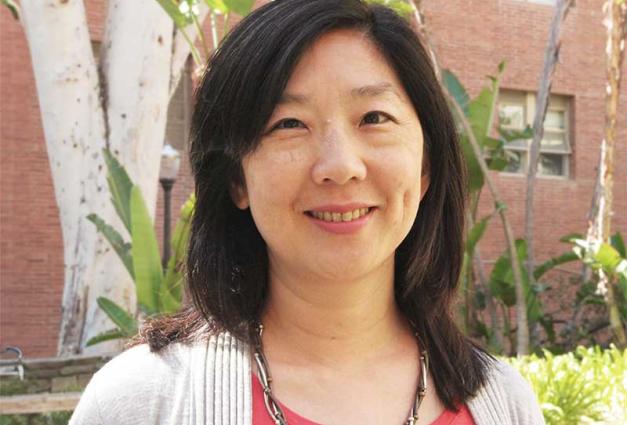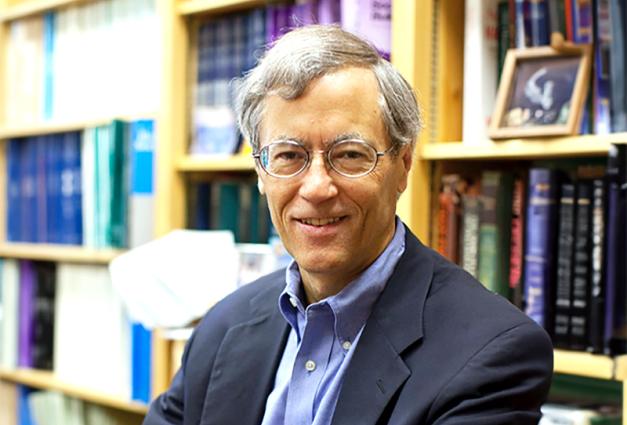Five recipients of the SAGE Young Scholars Award, which is supported by a generous donation from SAGE Publications, are putting their $5,000 grants to use in the field of personality and social psychology.
With assistance from the award, Kristina Olson (University of Washington) has been able to pursue a new project in her lab that explores gender identity and gender cognition in transgender children. Kristina explains that this research is extremely valuable, as it’s the first study of its kind and almost nothing is known about children who identify as transgender early in life. Starting the project has been very costly as, despite their increasing numbers, relatively few children are openly living as transgender. Kristina explains that the award has given her the ability “to travel around the country to reach these participants and their families.” Kristina is hoping that once her team publishes their initial findings they will be able to secure federal funding. “This funding has also allowed me to attend conferences to present the early work on this project,” Kristina says.
Tessa West (New York University) is currently working on two projects that the award has given her the opportunity to begin. One project is exploring the dyadic process through which stress is communicated during interactions in which groups of women work together, using a psychophysiological approach. The second project is looking at how negative emotions serve as a roadblock to communication between doctors and patients, particularly in racially discordant interactions (e.g., Black patient, White physician). “Both [projects] are about how negative emotions are experienced and realized by one's partner in dyadic encounters, and shape both partners' behavioral outcomes,” Tessa explains. Both projects are still in the midst of collecting data.
The Young Scholars Award has assisted Paul Eastwick (University of Texas at Austin) and his colleague Paige Harden in gaining access to difficult-to-find archival data that is crucial to their research. Their project examines the extent to which people’s ex-romantic partners are similar to each other. “Specifically, we will be examining the extent to which people’s exes exhibit consistency in qualities like physical attractiveness, intelligence, having a desirable personality, etc. We will also be able to assess to what extent any consistency on these qualities across one’s ex-partners derives from demographic factors (e.g., the school one attends) vs. factors related to personal choice,” Paul explains. Their current study uses the National Longitudinal Survey of Adolescent Health (Add Health), which is a representative sample of adolescents. Paul and his colleague expect to have a manuscript completed by the end of the summer.
Starting Fall 2014, Edward Lemay (University of Maryland, College Park) will begin recruiting participants for a study on the interpersonal consequences of specific interaction goals. Edward plans to recruit both members of dating couples for this study. A randomly selected member of each couple will be assigned to levels of a goal manipulation. The goal manipulation will involve instructing participants to adopt particular goals during a discussion with their partner (or no instructions in the control condition). Following the discussion, both members will complete questionnaires regarding their reactions to the discussion. In addition, the interactions will be video recorded. “This will allow us to examine whether adopting a goal causes changes in observed behavior, which then predict changes in both partners’ responses to the interaction,” Edward says. The project has received IRB approval, and Edward will start data collection this Fall.
Jochen Gebauer (Humboldt-Universität zu Berlin )and his colleagues are currently working on research that seeks to establish and extend their “socio-cultural motives perspective” (SMP) on self and personality. The SMP provides theory-driven explanations for cross-cultural variations in self-concept and personality effects on important life outcomes. Jochen explains that “the SMP may help to answer questions such as, why is it that people with a highly communal self-concept seek to volunteer more in socio-cultural contexts where volunteerism is common, compared to socio-cultural contexts where volunteerism is uncommon? Or why is it that people high in Openness for Experience go to church less in rather religious South Germany, whereas open people go to church more in rather atheist East Germany?” Most of the data for the research has been collected, and Jochen and his colleagues hope to have a manuscript completed by the end of the summer.
###
The SAGE Young Scholars Award recognizes outstanding young researchers in personality and social psychology. The awardees receive a one-time award of $5,000 to be used at their discretion for research, study, or conference travel-related purposes. Five awards are presented each year to young scholars representative of the broad spectrum of personality and social psychology research areas.




